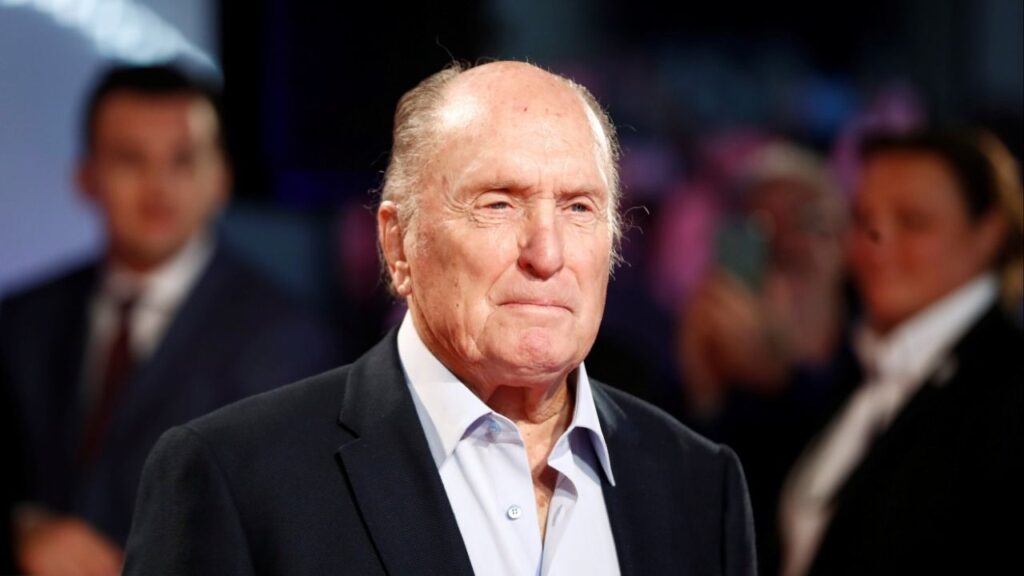Susie Wiles, Donald Trump’s top campaign adviser Donald Trump, at the former president’s beachfront campaign rally in Wildwood, N.J., on May 11, 2024. Wiles reportedly told the White House that Trump was forced to move, reschedule or cancel events because of limits on the Secret Service’s available resources. (Doug Mills/The New York Times)

- Trump's campaign requested additional security, including military assets, citing threats that have limited his campaign activities.
- The Secret Service faces challenges in providing extra protection due to agent shortages and competing responsibilities like the U.N. General Assembly.
- Despite resource constraints, the Secret Service has made enhancements since the July 13 assassination attempt on Trump, offering the highest level of protection.
Share
|
Getting your Trinity Audio player ready...
|
Former President Donald Trump’s campaign has requested a series of additional security measures, including military assets, in conversations with the White House and the Secret Service because of continuing threats to his safety, according to four people briefed on the matter.
The conversations came amid suggestions from some Trump aides that they felt hamstrung from having Trump campaign the way they would like to because of the security threats, including his ability to travel where he wants and appear outside at rallies.
In exchanges with White House chief of staff Jeff Zients and the acting Secret Service director, Ronald L. Rowe Jr., in the past two weeks, Susie Wiles, Trump’s top campaign adviser, said Trump had been forced to move, reschedule or cancel key events because of limits on the service’s available resources, according to the people.
The campaign’s requests for more security, one of the people said, included sophisticated, classified military assets that are used only for sitting presidents; the preplacement of ballistic, or bullet-resistant, glass in the main battleground states where he would be campaigning most frequently; and an expansion of temporary flight restrictions over Trump’s residences and campaign sites.
The Trump team in effect is looking for him to be protected at the same level that President Joe Biden is. Trump’s team has been told that he is being given the highest level of protection available, though no candidate or former president receives what a sitting president does.
Trump has been the target of two would-be assassins in the past four months, as well as an alleged murder-for-hire plot involving someone with ties to Iran. The campaign has been briefed by the intelligence community about active interest from Iran in harming Trump.
Wiles cited several episodes, said a person familiar with the matter.
Shortage of Secret Service Agents
They included one event in Wisconsin, where the campaign had encountered a shortage of Secret Service agents because they were busy handling the U.N. General Assembly in New York.
Another was a second event in Wisconsin that could not be held in the original venue because the bullet-deflecting glass that is now being used to protect Trump was too heavy to safely place inside the structure, an issue that had forced the former president to relocate his event to a smaller venue and refashion it into a news briefing rather than a public rally.
Another person briefed on the planning said that going into that weekend, other people whom the Secret Service protects were also asked to scale back their events. The person said that the request was not specific to Trump and that it is not uncommon for events to be modified at this stage of the race.
In the conversations and messages with White House officials and Rowe, Wiles noted that more security assets would be needed if the former president were to be able to finish the campaign season in the way that he wanted to, these people said.
Rowe told the campaign he would take its requests under advisement, said a Secret Service official who spoke on the condition of anonymity to discuss private conversations. The service is working with the White House and Defense Department, this person added, to review the matter.
Asked about the calls to the White House, its communications director, Ben LaBolt, said, “President Biden has directed the Secret Service to provide the highest level of protection for former President Trump.”
A Trump campaign spokesperson did not immediately respond to a request for comment.
The Secret Service’s resource constraints have been a growing issue as the agency has coped with an exodus of agents in recent years. Agents are exhausted by long hours and unexpected overtime, which sometimes goes unpaid. The service has also been under intense scrutiny over its failures in the shooting that grazed Trump at a rally in Butler, Pennsylvania, in July, and is suffering from fading morale.
Given the agency’s finite number of trained agents and specialists, magnetometers, bomb-detecting dogs and other equipment, turning down candidates who request additional resources is not uncommon during busy periods like the final stretch of a presidential campaign.
In a statement to The New York Times, the Secret Service said that “since the attempted assassination of former President Donald Trump on July 13, the U.S. Secret Service has made comprehensive enhancements to our communications capabilities, resourcing and protective operations. Today, the former president is receiving the highest levels of protection.”
The agency responded similarly to Wiles in a letter from Rowe this month, said a Secret Service official who spoke on the condition of anonymity to discuss private conversations.
–
This article originally appeared in The New York Times.
By Kate Kelly, Maggie Haberman, Jonathan Swan and Eileen Sullivan/Doug Mills
c. 2024 The New York Times Company
RELATED TOPICS:
Categories

What to Know About the Homeland Security Shutdown


















